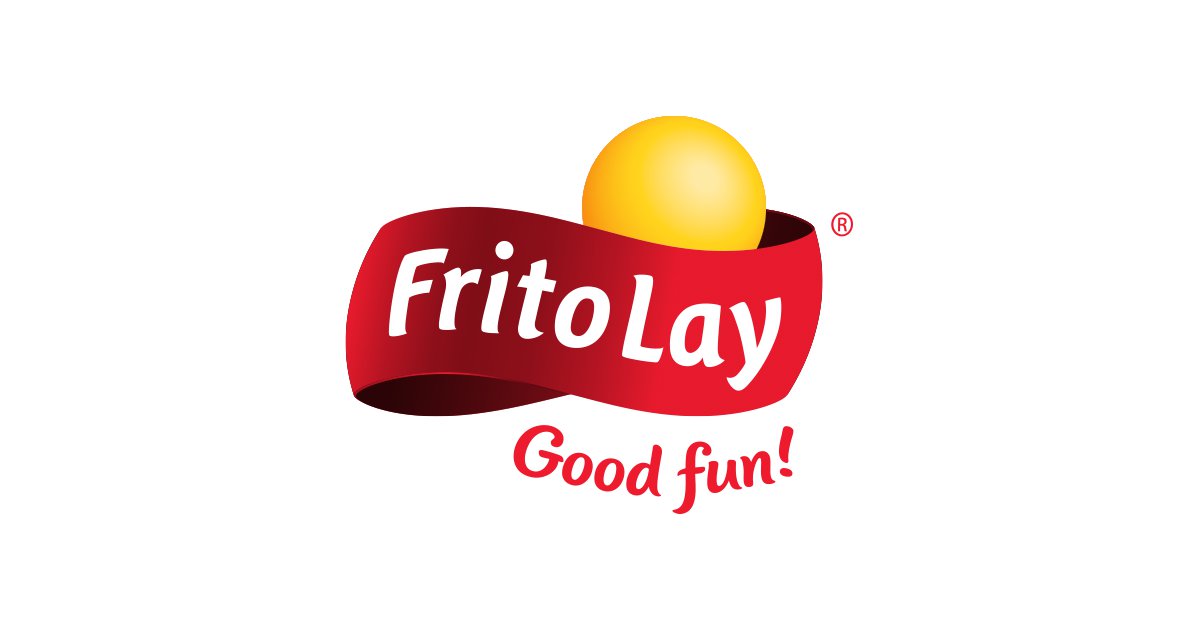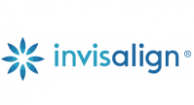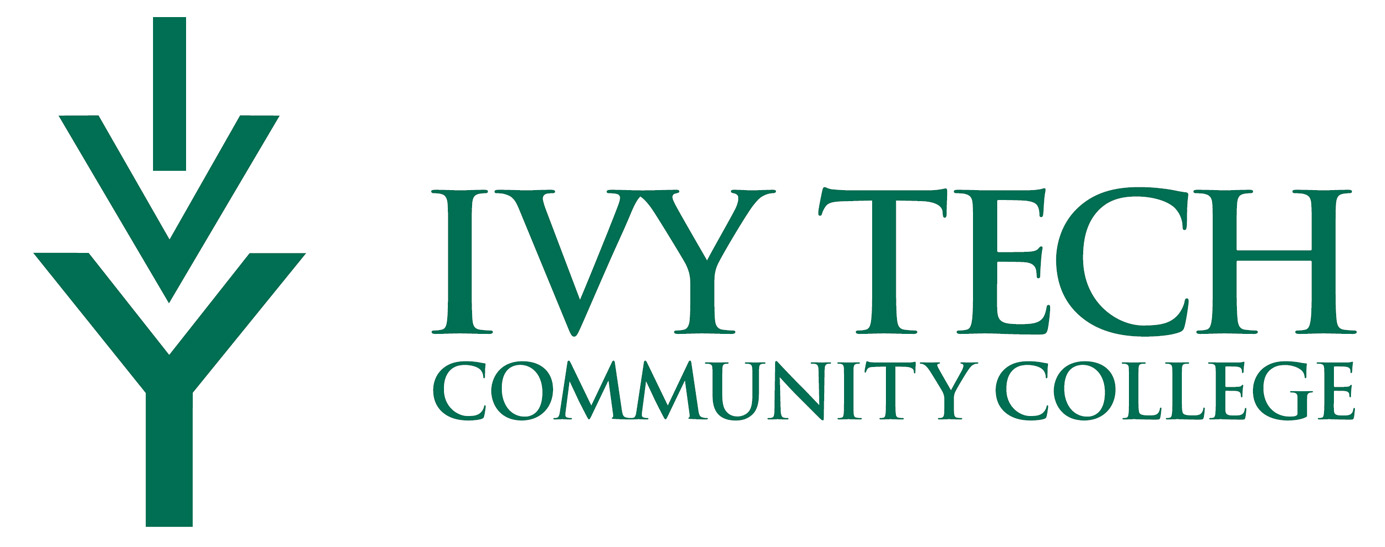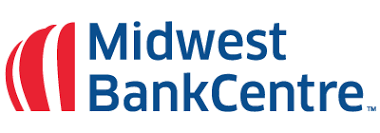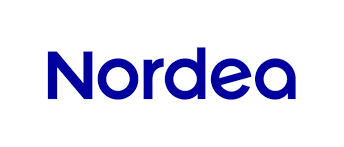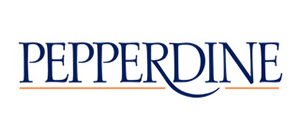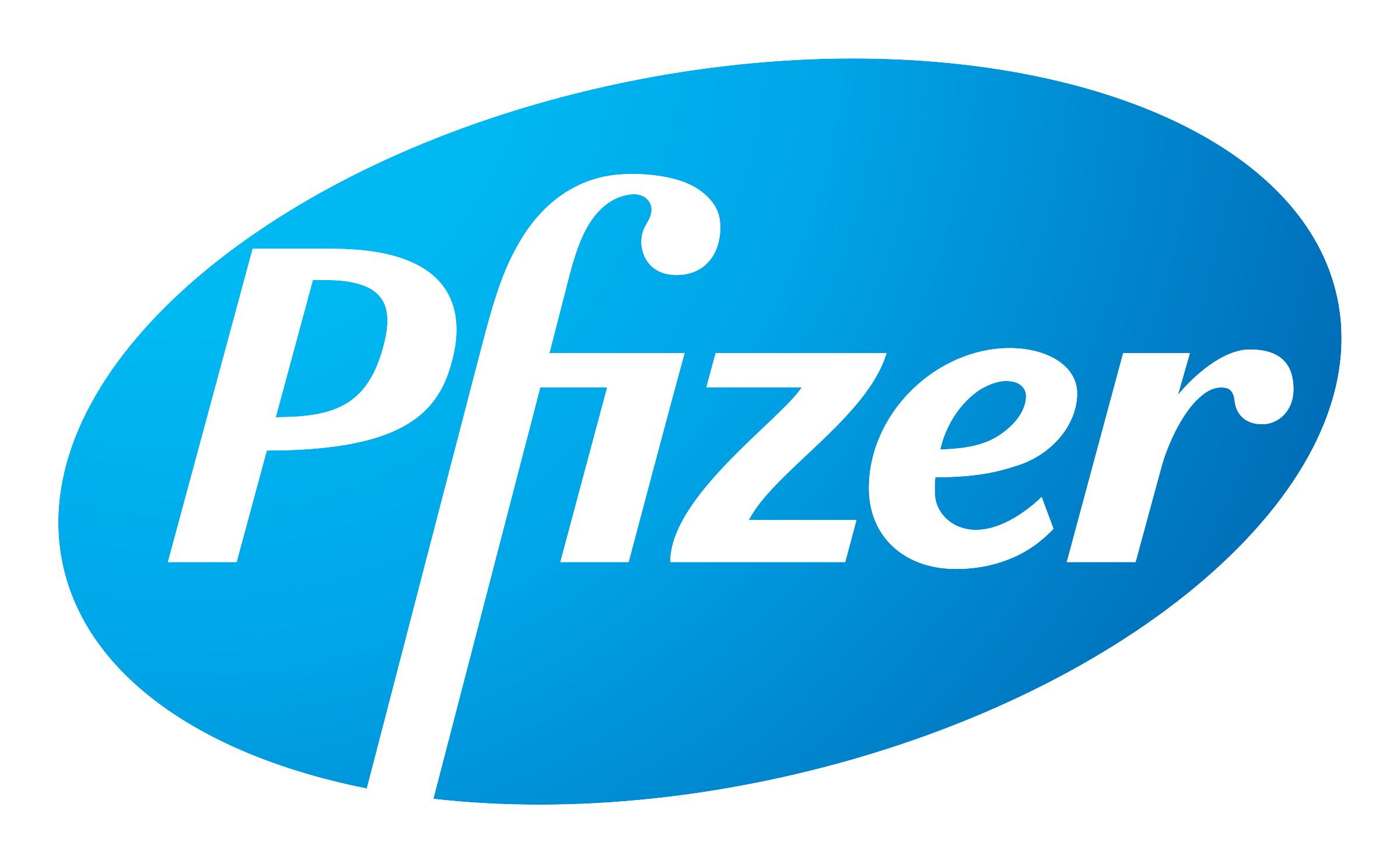All Basadur Research
The following research has been published in various scientific journals.
The Basadur Innovation Research has been placed and made available for use around the globe. We encourage you to enjoy and reference where applicable. If you do reference our work, please provide a link from your content to the original article.
Research From 1982 – 1992
The following papers address creative problem solving and the ability to understand attitudes on divergent thinking
- Measuring preference for ideation in creative problem solving training.
- Usefulness of the ideation principle of extended effort in real world professional and managerial problem solving.
- Training effects on attitudes toward divergent thinking among manufacturing engineers.
- Needed research in creativity for business and industrial applications.
-
Receptivity of Japanese managers to creative problem solving experiential training.
-
Identifying individual differences in creative problem solving styles
- Individual problem solving styles and attitudes towards divergent thinking before and after training.
-
Training effects on the divergent thinking attitudes of Japanese managers.
Research From 1992 – 1997
The following papers address enhancing the creative process in organizations and their impact and outcomes.
- Managing creativity.
-
Using creativity to boost profits in recessionary times – broadening the playing field.
-
Assessing ideational and evaluative skills and creative styles and attitudes.
-
Impacts and outcomes of creativity in organizational settings.
-
Organizational development interventions for enhancing creativity in the workplace.
Research From 1999 – 2004
The following papers address divergent and collaborative problem solving as a means of enhancing creativity.
-
Improving the measurement of divergent thinking attitudes in organizations.
-
Collaborative problem solving through creativity in problem definition: Expanding the pie.
-
Increasing understanding of technology management through challenge mapping.
-
Team performance and satisfaction: A link to cognitive style within a process framework.
-
The economic, social, and psychological outcomes of implementing a deliberate process of organizational creativity.
-
Using the creative problem solving profile (CPSP) for diagnosing and solving real-world problems.
-
Reducing complexity in conceptual thinking using challenge mapping.
-
Leading others to think innovatively together: Creative leadership.
Research From 2005 – 2011
The following papers address cognitive problem solving and processes in organizations.
-
Modeling applied creativity as a cognitive process: Theoretical foundations.
-
The impact of training on formulation of ill-structured problems.
-
How creativity relevant attitudes triggers behaviors, skills, and performance.
-
Regulatory fit: How individuals progress through the stages of the creative process.
Research From 2011 – In Press
In the following papers we gain a better understanding on navigating the world of innovation with the Basadur Innovations Profile Assessment.
- Attitudes and creativity
-
Creative problem solving process styles, cognitive work demands, and organizational adaptability.
-
Information distribution, utilization, and decisions by new product development teams.
-
Facilitating high quality idea evaluation using telescoping.
-
Simplexity thinking and the Basadur Innovation Profile Assessment.
-
Testing the validity of the Basadur Profile Innovation Assessment.
-
Using the Basadur Profile to Advance Non-Structural Social Networks Innovation.
Ready To Drive Change?
You’re an innovator. You just don’t know it yet. Let us show you how.

Understand your individual and team innovation styles.
Learn more about our innovation programs.
Contact us to drive more innovation in your teams.










